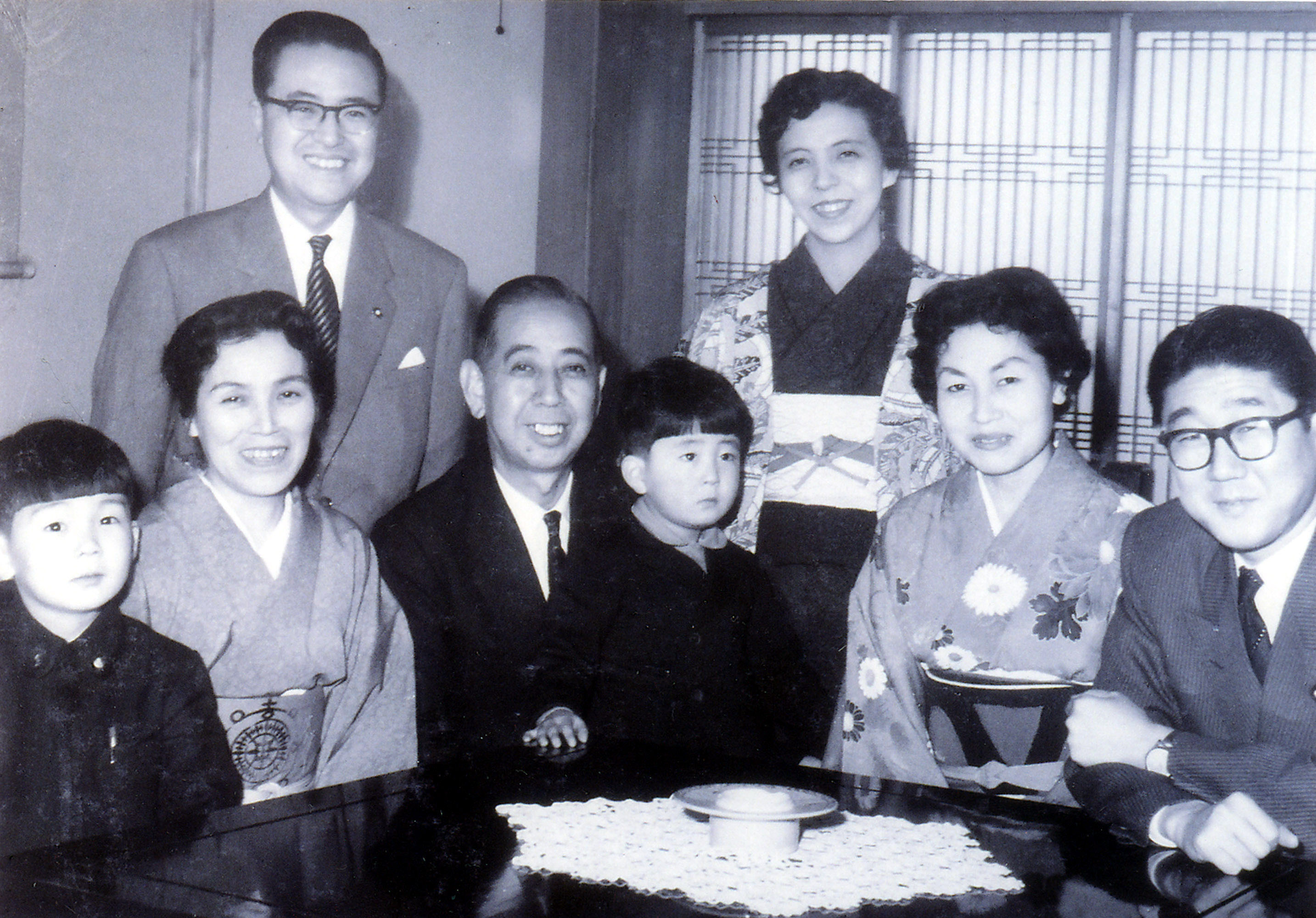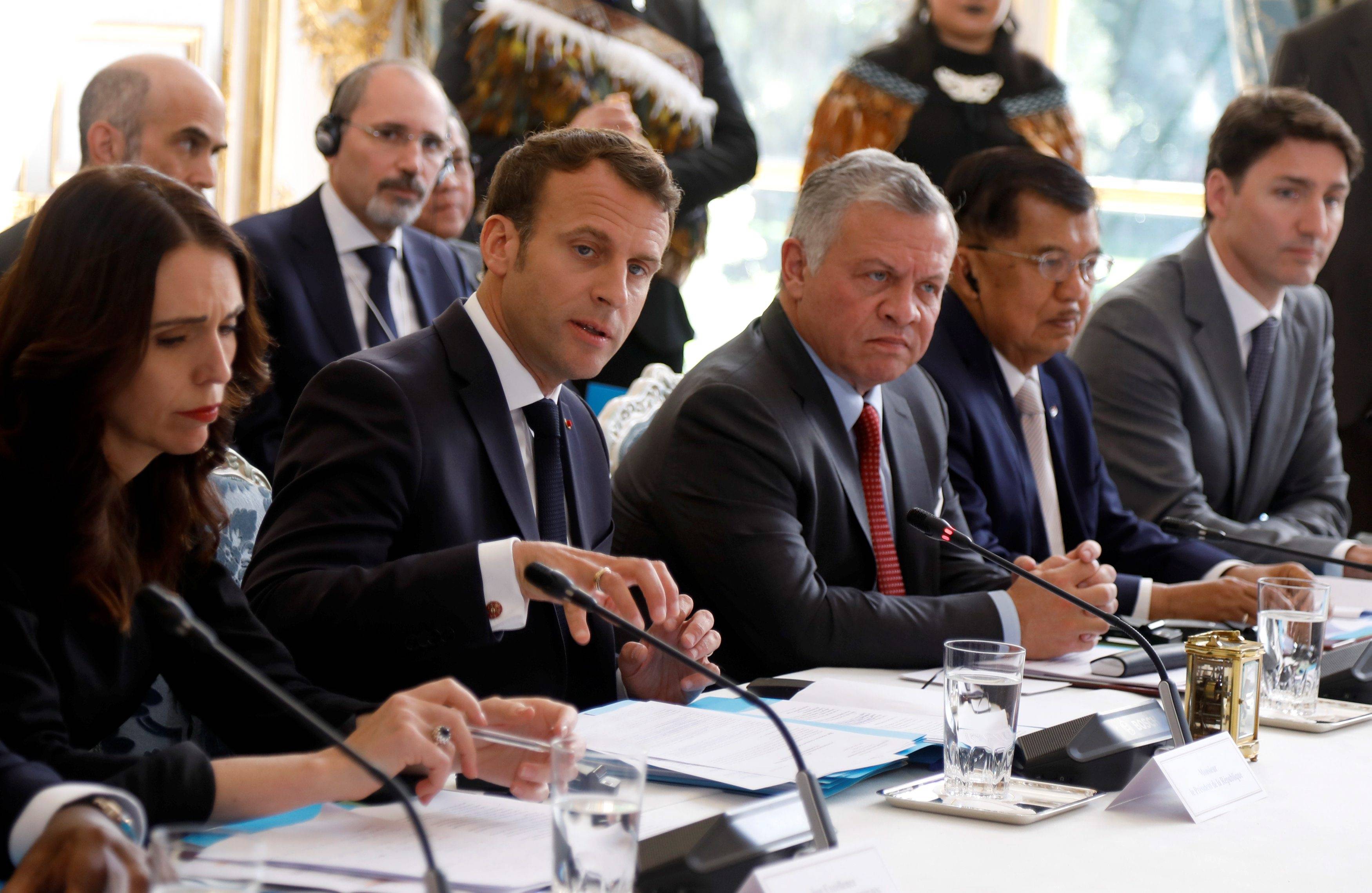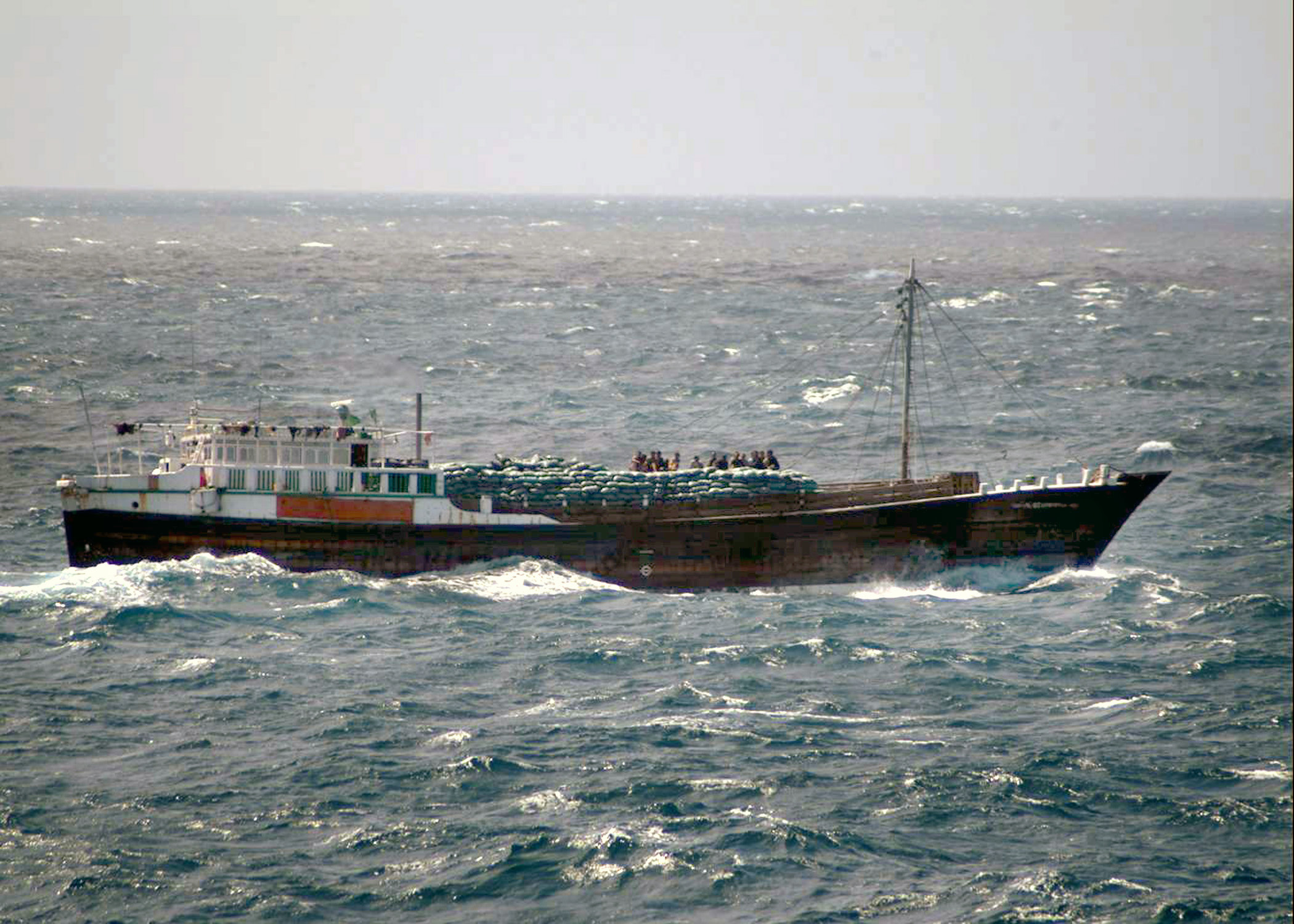For part one, please click here.
Factions in the Liberal Democratic Party of Japan
 The Liberal Democratic Party of Japan (LDP), affiliated with current Prime Minister Abe is perhaps one of the most dominant and successful parties operating in any democracy since the end of WWII. Since its formation back in 1955, the LDP has lost just one election.
The Liberal Democratic Party of Japan (LDP), affiliated with current Prime Minister Abe is perhaps one of the most dominant and successful parties operating in any democracy since the end of WWII. Since its formation back in 1955, the LDP has lost just one election.
Officially, the LDP is a nationalistic, fiscally and socially conservative political party with a strong base of support in rural areas. However, in practice, LDP is known as the federation of various different factions, which are “cemented by different political interests” to participate in forming the government.
Oftentimes, this factionalism serves as an “artificial alternation of power” whereby the mainstream conservative faction(s) can selectively influence candidate choices while the opposition factions can force an unpopular PM to resign. Due to the nature of fractional politics in Japan, the leader of the LDP often requires the support of the largest factions of his party. Although factional politics in the LDP is not as influential as it once was, it is still dynamic and continues to be one of the defining characteristics of Japan’s party politics.
Currently, the LDP faction with the largest numbers of Diet, or Parliament, members is the Seiwa Seisaku Kenkyūkai, or the Seiwa Political-Analysis Council. Prime Minister Abe was once a prominent member of the reform-minded yet conservative faction, but later renounced his affiliation in accordance with tradition that the PM should not belong to any particular group. Nevertheless, he has maintained a great degree of political clout over the Seiwa faction while experiencing a decline in support from moderates.
While the two largest moderate factions in the LDP share conservative tendencies by acting in favour of big business, they differentiate through their support for the Pacifist Constitution and promotion of friendly relations with China and South Korea.
As the moderate voices within the LDP wane, combined with the lack of an opposition party in Parliament, there is no force strong enough to balance the still popular Mr. Abe. Therefore, the PM’s decision to visit the Yasukuni Shrine and begin the project of re-writing the Pacifist Constitution during this critical juncture could be a well-calculated political decision. By visiting the shrine, Mr. Abe aimed to rally and reward those who gave him the mandate, while silencing those who are critical of his nationalistic agenda within the LDP.
From The Cultural Perspective
Another explanation for Mr. Abe’s Yasukuni visit is that it has something to do with Japanese culture. Despite its modern outlook and advanced technologies, Japan remains a very traditional country, especially when it comes to the succession of the “family occupation.” Indeed, one defining characteristic of Japan is that the children often have little choice but to inherit their ancestors’ occupations.
Politics in Japan is no exception; it continues to be, to a certain extent, a family affair.
The practice of politicians passing the torch to their offspring is particularly prevalent in the LDP, a party that has long championed traditional Japanese values. As an example, the past four LDP members who held the PM position in the last decade, Junichiro Koizumi, Shinzo Abe, Yasuo Fukuda, and Taro Aso are all part of family dynasties.
With this in mind, Mr. Abe’s deep conviction of historical revisionism and his goal of rewriting Japan’s current Pacifist Constitution are not complete surprises. Rather, he inherits such views from his maternal grandfather Nobusuke Kishi, and his own father Shintaro Abe, a former Minister of Foreign Affairs and leader of the aforementioned Seiwa Seisaku Kenkyūkai. With such entrenched family conviction in historical revisionism, there is little wonder that Mr. Abe will continue pursuing his nationalistic agenda.
In sum, the tension between Japan and its Northeast Asian neighbors is unlikely to end any time soon. As long as Shinzo Abe and his LDP factions continue to hold power while both China and South Korea refuse to back down, provocations will constantly take place between the three. One’s best hope, therefore, is that any provocation in the foreseeable future will not be escalated into real conflicts, though they are certainly credible.




